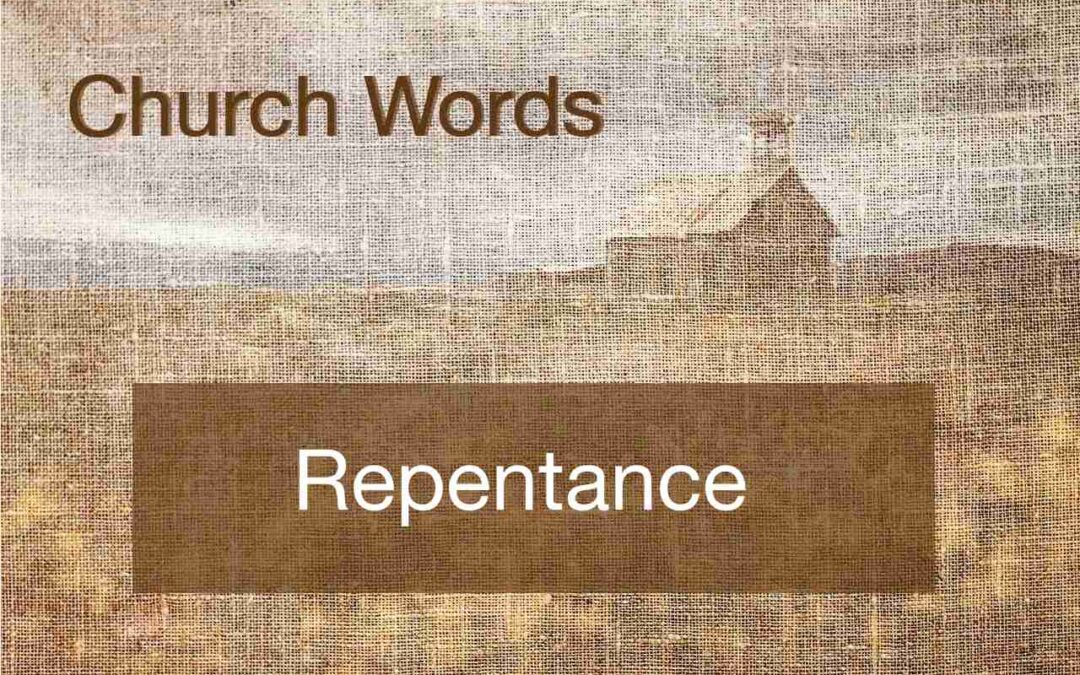
Satan
In those religions tracing their lineage to Abraham: Judaism, Islam and Christianity, Satan has consistently been the adversary of God and his people. All three faith communities believe Satan rebelled against God along with a significant number of other, lesser angels. (Luke 10:18) What was behind that rebellion remains uncertain. Some of the fallen angels are free to roam with him while others are being held in captivity awaiting final punishment. He and his cohort effectively call the shots on earth for now. Unlike God, he is a created being, but according to the prophet Ezekiel, his power is second only to God’s power. (Ezekiel 28:11-16) He is considered the prince of evil spirits. Because believers are protected by the name and blood of Jesus we need not fear him. But we shouldn’t take him lightly, either. The author of Jude warned, “even the archangel Michael, when he was disputing with the devil about the body of Moses, did not himself dare to condemn him for slander but said, ‘The Lord rebuke you!’” (Jude 9 | NIV) Satan wins some battles as daily news and weather reports seem to indicate. But the outcome of the war, along with his fate and that of his followers, has already been determined. (Revelation 20:10 | NIV and Matthew 25:41 | NIV) Although we are in a constant battle with him, he can only do what God allows. Sometimes we think Satan is attacking us when it is, in fact, God who is disciplining us “because the Lord disciplines those he loves, as a father the son he delights in” (Proverbs 3:12). But, as the story of Job teaches, there may be aspects of the story that we will never know.
To stand firm until the end we must arm ourselves for spiritual battle.
Put on the full armor of God, so that you can take your stand against the devil’s schemes. For our struggle is not against flesh and blood, but against the rulers, against the authorities, against the powers of this dark world and against the spiritual forces of evil in the heavenly realms. Therefore put on the full armor of God, so that when the day of evil comes, you may be able to stand your ground, and after you have done everything, to stand. Stand firm then, with the belt of truth buckled around your waist, with the breastplate of righteousness in place, and with your feet fitted with the readiness that comes from the gospel of peace. In addition to all this, take up the shield of faith, with which you can extinguish all the flaming arrows of the evil one. Take the helmet of salvation and the sword of the Spirit, which is the word of God. And pray in the Spirit on all occasions with all kinds of prayers and requests. With this in mind, be alert and always keep on praying for all the Lord’s people. (Ephesians 6:11-18 | NIV)
The name, Satan, is a synonym for Devil, Lucifer, evil spirit, serpent, adversary, enemy, tempter, evil one, wicked one, murderer, liar, ruler of this world, god of this age, prince of the power of the air, and great dragon. He is the personification of evil and the ruler of all who are not citizens of God’s kingdom. If you are not a disciple of Jesus, you are his disciple by default and blinded to the truth. “And even if our gospel is veiled, it is veiled to those who are perishing. “The god of this age has blinded the minds of unbelievers, so that they cannot see the light of the gospel that displays the glory of Christ, who is the image of God” (2 Corinthians 4:3-4 | NIV). Satan uses lies and half-truths to provide unbelievers with a false sense of security that keeps sincere people from seeking the truth. He can make himself seem as sincere and godly as anyone and yet, if his mouth is moving, he’s lying. The apostle Paul warns “Satan himself masquerades as an angel of light” ( 2 Corinthians 11:14 | NIV). Weak, Christians, who were not properly discipled or who do not know Scripture have fallen for his lies. Some have even accepted the lie that he is not even real. They think he is only an allegory for evil. And scientific surveys have provided actual numbers underscoring the non-biblical perspective of professed Christians.
According to a Barna survey of self-described Christians conducted in 2008, 78 percent held what one might call an orthodox view of God. They believed he is “the all-powerful, all-knowing Creator of the universe who rules the world today.” The remaining 22 percent ascribed to a non-biblical view of God. When it comes to Satan, however, 40 percent of the respondents strongly agreed with the statement “he is not a living being, but a symbol of evil.” An additional 19 percent somewhat agree with that statement. Eight percent of the sample did not know what, exactly, they believed. (http://www.barna.com/research/most-american-christians-do-not-believe-that-satan-or-the-holy-spirit-exist/). According to the Barna study, two thirds of professed Christians apparently believe Jesus was tempted by a symbol of evil. Interestingly, a study regarding belief in heaven and hell, conducted in 2014, by the Pew Research Center, found 72 percent of Americans, in general, say they believe in heaven, a place they considered to be one eternal reward. Only 58 percent of respondents believed in hell, a place of eternal punishment. Of those who are at least reasonably certain or absolutely certain God exists, all but 4 percent believe in a literal hell. Ninety-one percent of strongly religious people believe in hell. (http://www.pewforum.org/religious-landscape-study/belief-in-hell/#beliefs-and-practices). It seems more Americans believe in the existence of hell than professed Christians believe in the existence of Satan. And yet, Jesus spoke often of both.
We first learn about Satan in Genesis when, in the form of the serpent, he tempted Eve. He again surfaced as the ‘father of lies” in the New Testament during the temptation of Christ. All three synoptic gospels record that the Spirit led Jesus into the wilderness to be tempted by Satan. None of the authors provide any indication what happened was anything but fact. And that is where we really observe Satan’s modus operandi. He knew he was dealing with God, but still begins with a lie. His first words were, “If you are the Son of God, tell these stones to become bread” (Matthew 4:3 | NIV). That was the same ploy that he used with Eve, “Did God really say, ‘You must not eat from any tree in the garden’?” (Genesis 3:1 | NIV) He used a passage of Scripture from Psalm 91 in his second temptation. We must never forget he knows the Bible as well as any Christian and will twist it to lead the unsuspecting astray. Every heretic has his verse and Satan knows them all. The final temptation literally offered Jesus the world in exchange for worship. If you have decided to follow Jesus, you must anticipate attacks like those Satan used against him. Each method is regularly employed against Christ’s disciples. “Be alert and of sober mind. Your enemy the devil prowls around like a roaring lion looking for someone to devour” (1 Peter 5: 8 | NIV).Your best weapons to remain faithful include: knowing Scripture, “I have hidden your word in my heart that I might not sin against you” (Psalm 119:11 | NIV), prayer, “No temptation has overtaken you except what is common to mankind. And God is faithful; he will not let you be tempted beyond what you can bear. But when you are tempted, he will also provide a way out so that you can endure it” (1 Corinthians 10:13 |NIV), regular worship, and reliance on the Holy Spirit to aid in resisting his lies, “Submit yourselves, then, to God. Resist the devil, and he will flee from you” (James 4:7 | NIV)







Recent Comments